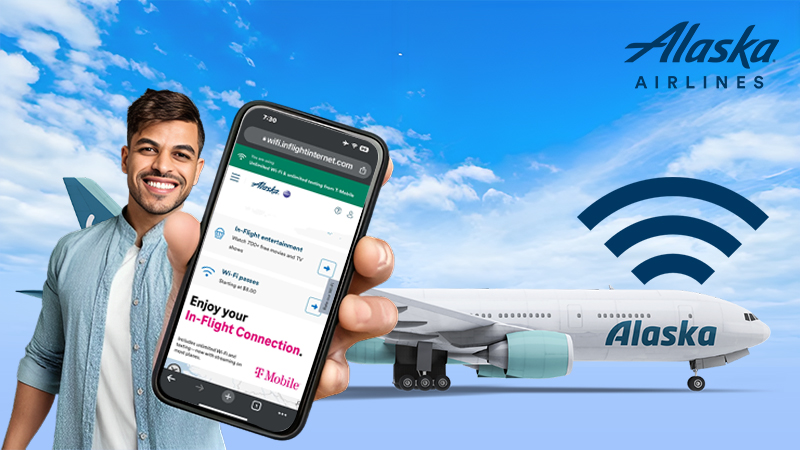As the end of winter nears, you may be planning a road trip with your loved ones. You know pleasant weather will motivate everyone to get in the car and look for interesting destinations and other places they would like to explore. And all of these plans involve getting in your car and hitting the highway. However, if you are not able to depend on the integrity of your car, you may soon find yourself regretting the decision to drive as you are left stranded hundreds of miles from home. Or maybe you find yourself in a car accident with no one nearby to help you escape this mess. Before heading out, learn more about your legal options should you get in a car accident far from home.
Hopefully, this will never happen, and you can enjoy every day of your road trip. But just to make sure, read on to find out what a car mechanic would recommend when it comes to a car’s preventive maintenance before a long road trip.
Fluids
Fluids are essential for a well-functioning car. Take care of them before you need an oil change in the middle of a deserted highway. Here is what you need to do before the trip starts.
Oil
Oil is needed to lubricate components like your car’s crankshaft, camshaft, and pistons. You should get an oil change every 7,000 to 10,000 miles.
Radiator Fluid
Your radiator works to keep your car cool. Radiator fluid or antifreeze extracts heat from the engine and dissipates it through the radiator. Low coolant levels result in the engine overheating, so check the levels before starting your trip. Flush the system every 40,000 to 50,000 miles.
Brake Fluid
Fluid in the brake pedal helps the brake pads clamp down on the rotors and reduce the speed at which your car travels. When you feel that the brake pedal is spongy, your brake fluid may be contaminated, and air bubbles will need to be bled out of the line. Get fresh brake fluid every 24,000 miles.
Power Steering Fluid
The purpose of this fluid is to make turning the wheel easier, no matter the speed. When this fluid becomes contaminated, the steering wheel will be less responsive. Change it every 50,000 miles.
Transmission Fluid
This fluid serves to help gears mesh smoothly. Fortunately, many cars never require this fluid to be changed, but it does not hurt to check your owner’s manual to verify this is true for your make and model.
Windshield Fluid
This could be the fluid that you will appreciate the most on a long road trip. This is because a clean windshield makes all the difference when you are driving so that you can clearly see the road. Fill up the reservoir before starting your trip.
Tires
Check the following attributes of the tires before you leave:
Air pressure
Tires that are not properly inflated will waste gas but tires that have been overinflated will impact the quality of your ride because they are not as comfortable. Check your tires’ pressure before leaving, and keep on checking it about every 1,000 miles or sooner if you drive through areas where there is a dramatic change in temperature.
Tire Rotation
Even when the tire pressure is perfect, tires will wear at different rates depending on your driving habits, variations in suspension calibration, and weight balance. Rotate your tires to help them last longer. Do so every 5,000 to 8,000 miles or whenever you notice that the tread on one side has worn down more than the tire on the other side.
Tire Replacement
If your tires are looking pretty bald, a replacement may be in order. If in doubt, replace the tires before a long road trip. In general, you can expect the tires to last between 25,000 and 50,000 miles.
General Maintenance
There are many components that have to be maintained for the car to work as it should. Make sure to check them before the start of a long road trip.
Brake Pads
These pads are meant to provide friction to slow or stop the vehicle. However, they can wear down and become too thin. You will know when this has happened because you will be able to hear squealing and screeching noises that are very irritating. When you replace the pads, the noise will be eliminated, and you will feel safer when engaging in a long road trip. Brake pads can last between 25,000 and 75,000 miles.
Air Filters
Air filters in a car prevent bugs, dust, and debris from entering the engine and the interior of the vehicle. When these filters reach their maximum capacity, they become clogged and affect the way the engine performs, the quality of the air inside the car, and its fuel economy. The air filter should be replaced approximately once a year or about every 10,000 to 15,000 miles.
Light Bulbs
A simple thing like having a burnt headlight, blinker, or taillight is reason enough to be pulled over by the cops. Make sure they are all working properly before a long road trip. To do this, turn on your car and leave it in park. Turn on the headlights and walk around the car to verify whether they are on and working as they should. Do the same for the turn signals. Ask someone to sit in the driver’s seat so that you can check the brake lights. If nobody is around, place a heavy object, such as a brick, on the brake pedal and check if the lights work.
Hoses and Belts
It is easy to press on the belts to see if they are tight. Look under the hood and do this exercise to confirm whether any belts feel loose and need to be replaced. You should feel very little slack. If the belt has teeth and some of them seem to be missing, do not try to drive. Replace it before going anywhere. Check all hoses to see if there seems to be a fluid leak. A hose or a belt that fails in the middle of the road can be disastrous. You may end up being stranded with no help in sight.
Clean Up
If you spend many hours within the confines of your car, tidying up will make your life much more pleasant. Take out all the old wrappers from past fast-food stops, and vacuum all seats and floor mats. Empty out any storage areas and cup holders, and make sure the trunk is clean and that you will not be lugging around any unnecessary items. Have enough room for your suitcases and any other items that you will require on your trip. Wash the car inside and out.
Place chargers in the car so that you can charge all phones and other devices, particularly if you are going to need them for directions as you drive. Designate a specific bag for trash to avoid the entire car from turning into a garbage can. Enjoy the trip!












